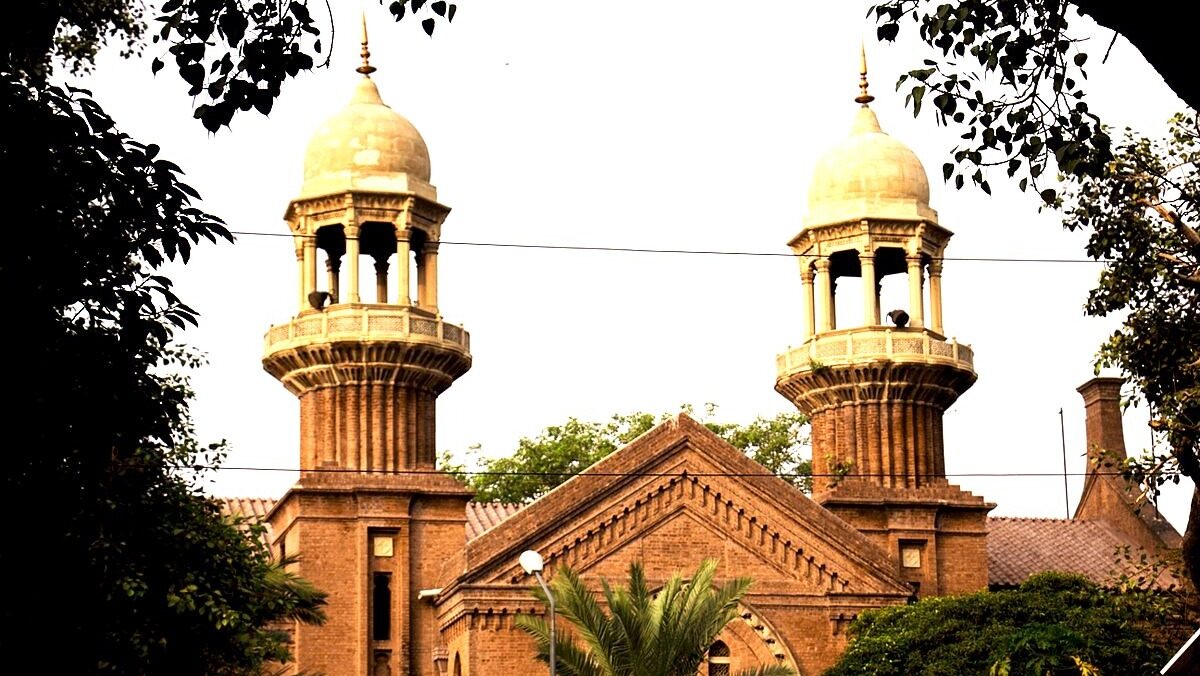Hope Found
Micah 7:1–10, 18–20
Micah’s exact audience is unclear, as the referents seem to move between Israel or Judah, but most likely this passage is addressed to Judah based on the discussion of a remnant and the rebuilding of city walls (v. 11).
Reality Defined (1–6)
Chapter 7 opens with Micah’s lament over Judah’s evil ways. Judah is likened to a vineyard harvested clean of grapes. Micah laments that, as a person can find no delicious fruit in the gleaned vineyard, so Micah can find no righteous, godly people in Judah, and those who remain only act in selfish, sinful and treacherous ways — like “a hedge of thorns” at best. Micah remarks sarcastically that they are so skilled at evil they can commit it with both hands, highlighting the pervasiveness of corruption.
While Micah indicts Judah in his own day, he also captures the predicament of lost humanity: In Paul’s words, “There is no one who does what is good … There is no fear of God before their eyes” (Rom. 3:10–18). Corruption reigns among community leaders: The officials, judges and influential persons who bribe them all weave together greedy plans, taking advantage of others.
But the problem pervades all of Judah. There is no loyalty. Neighbors betray one another, children turn on parents and parents on children; even spouses cannot be trusted. Jesus referenced Micah 7:5–6 to discuss division over His identity and over the gospel, but also to point to His identity as God the Son (Matt. 10:35–36). Micah warns judgment is imminent.
Salvation Discovered (7–10)
Despite the poor spiritual state of Judah and the recognition of coming judgment, Micah also knows that after judgment, there is grace and salvation. Here Micah beautifully expresses his own dependence upon God’s sustenance and grace, and also his own sinfulness and hope for the future. Micah’s personal repentance and hope in the Lord represent the collective guilt, repentance and hope of Judah.
The immediate deliverance may refer to the miraculous destruction of Sennacherib’s army outside Jerusalem’s gate during Hezekiah’s reign (2 Kings 19:32–36), but appears to prefigure a more distant, final deliverance when the Jews will return to the land with the Lord as their Deliverer (7:14–15).
Forgiveness Celebrated (18–20)
Micah’s prophecies close with a hymn of praise, challenging the reader as did Hosea and Jonah. Unlike the so-called gods of the surrounding peoples, Yahweh is gracious and forgiving, even while meting out justice. He is steadfast in love (hesed) and compassion (raham) and faithful to His promises.
Despite the dire predictions of destruction and exile, God’s covenant with Abraham remains. God will ensure its conditions are met. Yahweh will restore broken relationships, forgive and remove sin and cleanse Judah, so they can truly be His people.
Micah (like Jonah, Hosea and Amos) presents God as gracious, merciful and forgiving. He is the Savior and Redeemer of Israel and of every person — then as now — who trusts in His saving mercy.
By Stefana Dan Laing
Associate professor at Beeson Divinity School in Birmingham, Alabama








